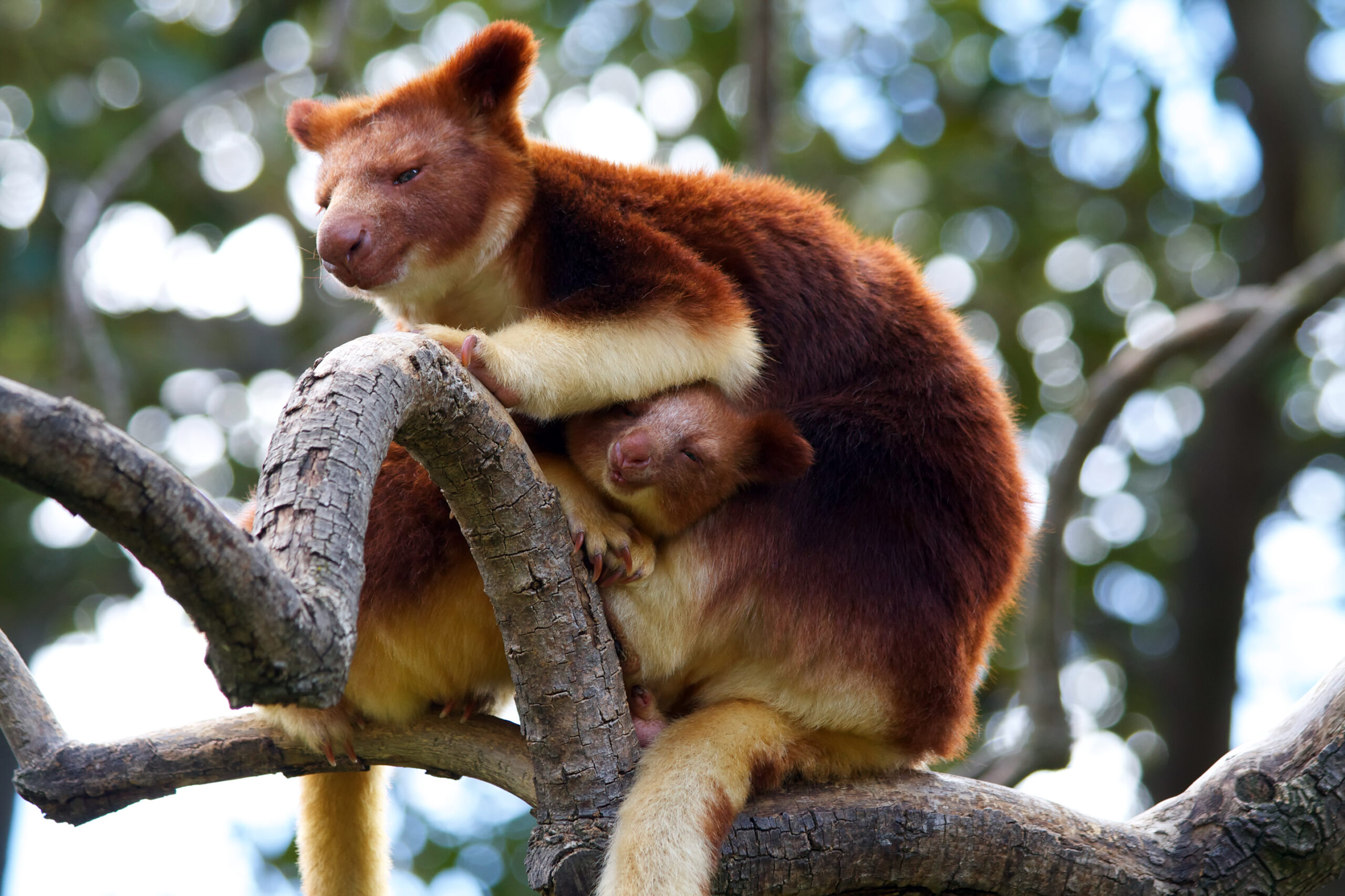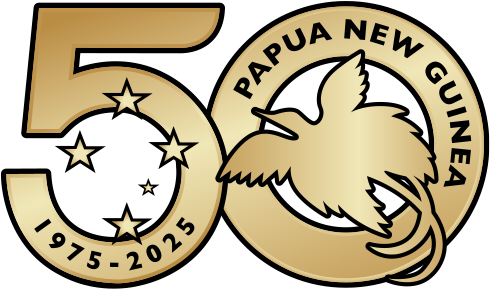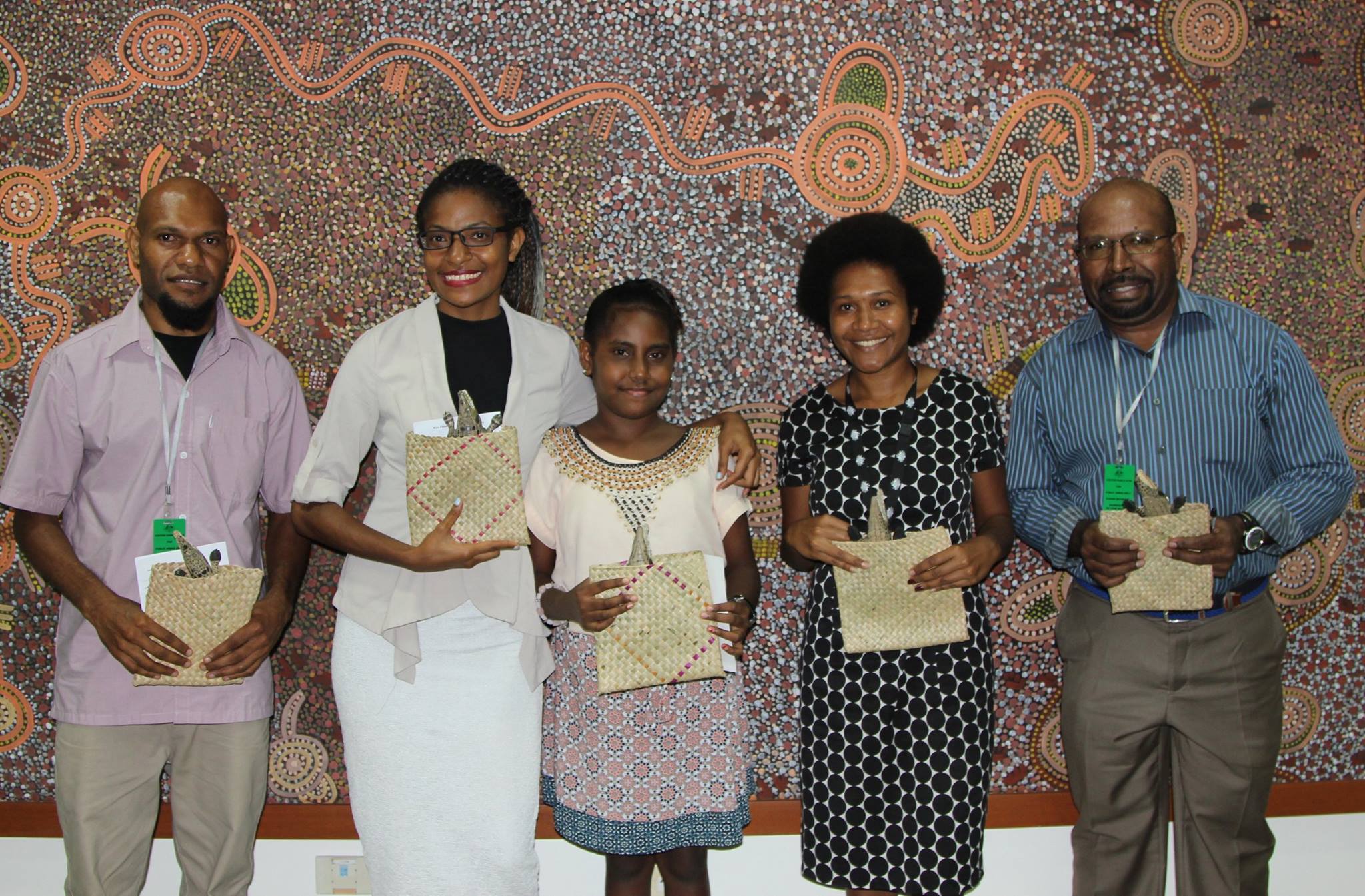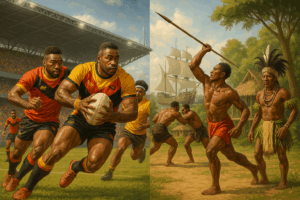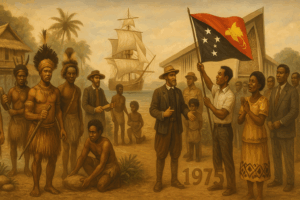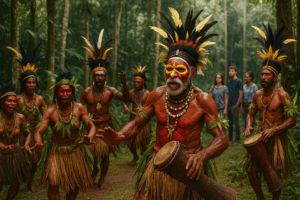In 2011, Papua New Guinea launched an initiative that would forever change how we celebrate and nurture our rich storytelling traditions – the inaugural Crocodile Prize. This literary award recognises the best in PNG fiction, poetry, and creative writing, giving our authors a platform to share their unique voices with the world.
The Crocodile, by Sir Vincent Eri, was the first novel to be written by a Papua New Guinean, and was published by Jacaranda Press in 1970. Vincent Eri was born in Moveave in Gulf Province and later became Director of Education, Papua New Guinea’s first Consul General in Australia, a Member of Parliament and Governor General. His novel is set in Papua New Guinea before and during World War II and is a coming of age story about Hoiri, whose life poses a continuing contradiction between traditional life and the modern world.
The Crocodile Prize isn’t just about competition; it was about cultural preservation and celebration. For generations, our communities have passed down stories through oral traditions, weaving tales that capture the essence of our diverse cultures, landscapes, and experiences. The prize created a bridge between these ancient storytelling traditions and modern literary expression.
“The Crocodile Competition evolved out of Keith Jackson’s PNG Attitude website in a somewhat serendipitous manner.
As the readership of the website has grown the number of contributors has also expanded. In 2010 Patrick Levo, the features editor at the PNG Post Courier and a reader of the website, invited a number of contributors, myself included, to submit articles for the newspaper’s annual Independence Day supplement.
Casting about for a suitable topic, I decided to write something about Papua New Guinean literature. I had been in Port Moresby in the years just prior to independence and knew that there had then been an enjoyable and vibrant literary scene. The University of Papua New Guinea was an important hub in those days.
I mentioned this to Keith Jackson and jokingly suggested that he sponsor a literary completion. Keith took up the idea and Patrick Levo jumped on board to lend a hand.
We didn’t know what would happen when we announced the competition. We were pleasantly surprised.
There is no doubt that a healthy community of writers and thinkers has tremendous influence. Writers can help change the way society thinks and works. To quote one of our writers in the competition: “I believe that the best we can do, as writers, is reveal what we are thinking and feeling, as different people from all walks of life.”
“Understanding each other better is a crucial step in learning to live together, preparing to realise the aspirations of our sovereign state, and to define our nationhood.”
In this vein I would say to the writers, poets and essayists of Papua New Guinea that you are probably the most important people in the country. Whatever you do and whatever happens in the future you must keep writing. The future of your country may depend upon it.
Philip Fitzpatrick September 2011, The Crocodile Prize Anthology 2011
What made the Crocodile Prize particularly significant was its commitment to authenticity. Unlike international awards that might overlook Pacific perspectives, this prize was designed specifically to celebrate PNG voices telling PNG stories. It recognised that our writers bring unique perspectives shaped by our multicultural society, our relationship with the land, and our ongoing journey as an independent nation.
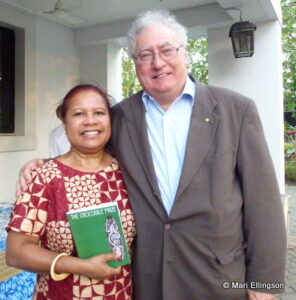
Mari Ellingson and Keith Jackson, from her blog titled
‘The Crocodile Prize’ Competition Finesses The Writing Talent of Papua New Guinea, September 2011. The pair were classmates at UPNG in the 70s.
The first winners set a high standard, showcasing the depth and diversity of PNG’s literary talent. Their works explored themes ranging from village life and urban challenges to historical events and contemporary social issues. These stories resonated not just with PNG readers but with audiences across the Pacific and beyond.
The prize also encouraged emerging writers, providing a goal to aspire to and recognition for their craft. It demonstrated that PNG values its writers and storytellers, understanding that literature plays a vital role in preserving culture and building national identity.
As we celebrate 50 years of independence, the Crocodile Prize reminds us that our stories matter, our voices deserve to be heard, and our literary heritage is a treasure worth celebrating and protecting.
